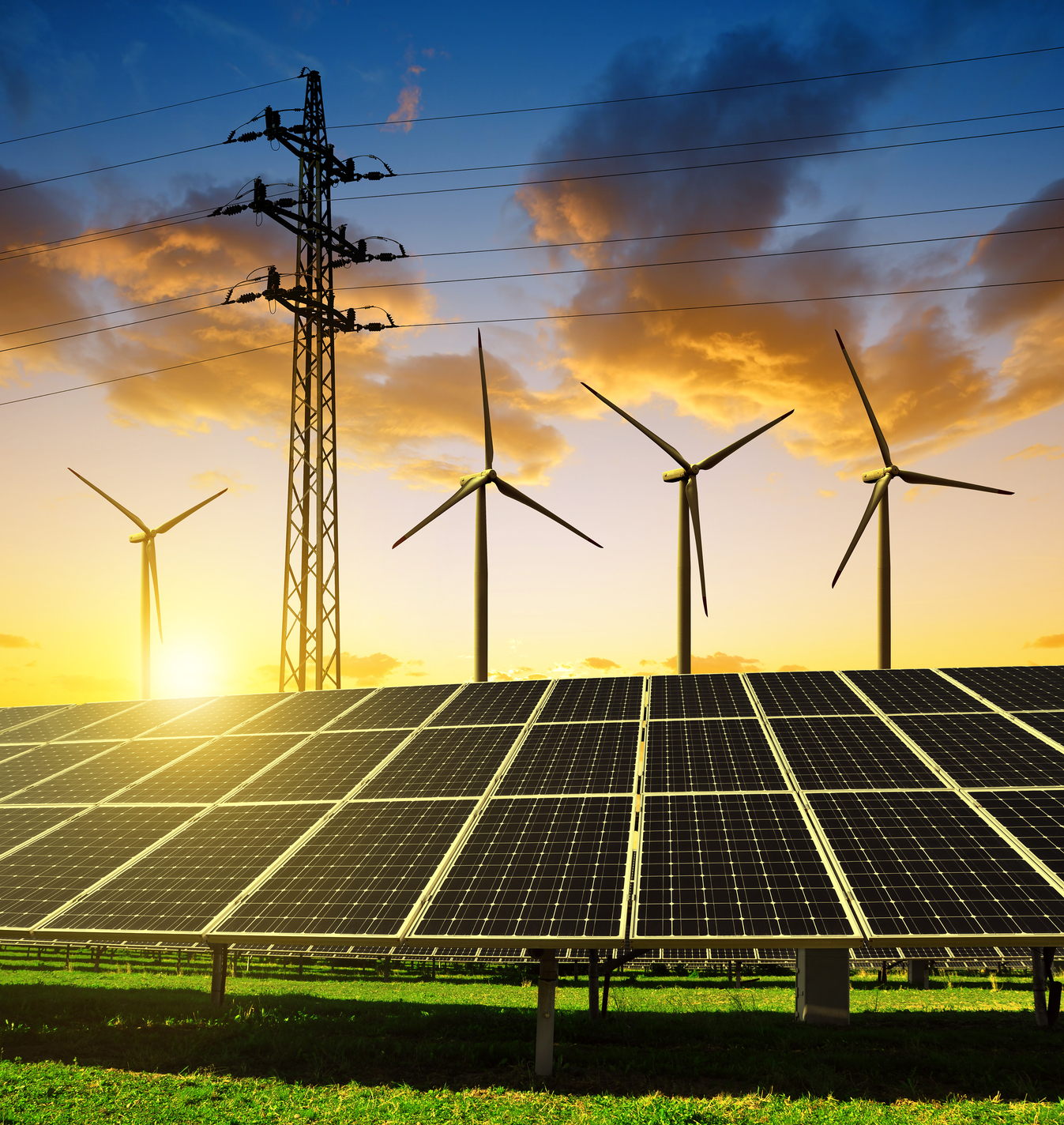-
Grants
5
-
Total Awarded
$3,535,500
-
Years
1987 - 2023
-
Categories
Grants
The Asia Society Policy Institute (ASPI) is a think tank designed to bring forth policy ideas that incorporate the best thinking from top experts in Asia and to work with policy makers to integrate these ideas and put them into practice. This project contributes to the development of policy related to the Indian emissions trading scheme (ETS), which benefits India’s environmental trajectory, and, by extension, enhances the regional and global fight against climate change through carbon market maturation and cooperation in Asia. The ASPI project helps build political momentum to prioritize and effectively operationalize India’s ETS; contributes to resolving ETS design challenges; and builds regional and international connections to India’s ETS.
The Asia Society Policy Institute (ASPI) is a think tank designed to bring forth policy ideas that incorporate the best thinking from top experts in Asia and to work with policy makers to integrate these ideas and put them into practice. This project contributes to the development of policy related to the Chinese emissions trading scheme (ETS), which benefits China’s environmental trajectory, and, by extension, enhances the regional and global fight against climate change through carbon market maturation and cooperation in Asia. The ASPI project helps build political momentum to prioritize and effectively operationalize China’s ETS; contributes to resolving ETS design challenges; and builds regional and international connections to China’s ETS.
The Asia Society Policy Institute (ASPI) is a think tank designed to bring forth policy ideas that incorporate the best thinking from top experts in Asia and to work with policy makers to integrate these ideas and put them into practice. With funding from the MacArthur Foundation, ASPI is carrying out an ambitious project that seeks to drive the integration and ultimately linkage of carbon markets in China, Japan, and the Republic of Korea. The three countries account for over one-fifth of global greenhouse gas emissions, and they are each using carbon markets as tools for changing their emissions profiles. The Northeast Asian Carbon Market project helps these countries link their domestic markets to make them more economically, environmentally, and strategically impactful.
To support a joint project with the Oriental Institute of Moscow to address the problem of South Asian security.
To support the study "Korea at the Crossroads: Domestic and International Challenges and the U.S. Role."




